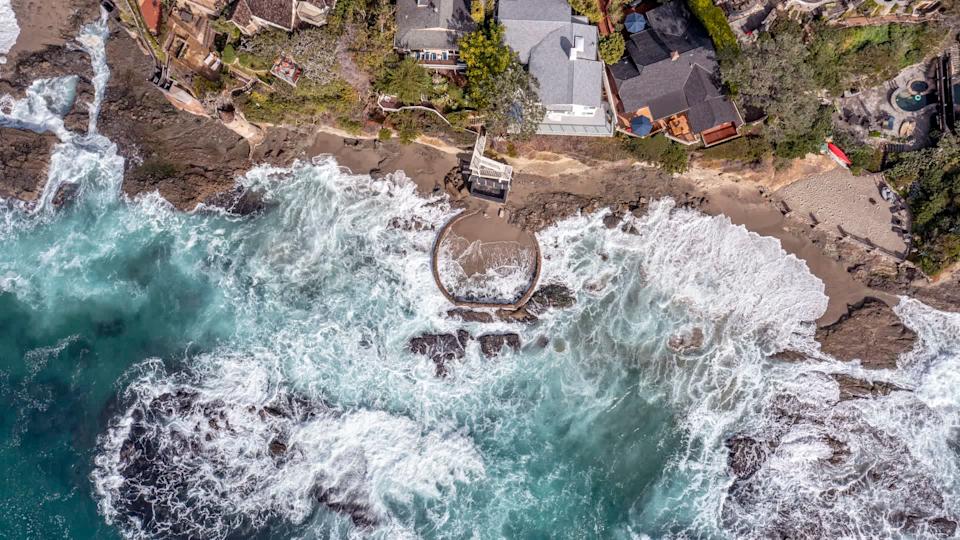An abrupt rise in global sea level last year has raised concerns. The increase was more than what scientists had been expecting, a NASA-led analysis revealed.
What’s happening?
A higher-than-usual amount of ocean warming, along with meltwater from land-based ice, caused a jump in sea level that surprised scientists. The rate of rise in 2024 was 0.23 inches per year, more than the rate of 0.17 that forecasters had projected.
“The rise we saw in 2024 was higher than we expected,” said Josh Willis, a sea level researcher at NASA’s Jet Propulsion Laboratory, per ABC News. “Every year is a little bit different, but what’s clear is that the ocean continues to rise, and the rate of rise is getting faster and faster.”
NASA blamed the rise mostly on the expansion of ocean water as it warms, a process known as thermal expansion. In recent years, approximately two-thirds of sea level rise resulted from land-based ice melt, while one-third was due to thermal expansion. However, in 2024, this trend reversed — thermal expansion accounted for two-thirds of the rise.
Why is an unexpected rise in sea level important?
The average yearly rise in sea level has more than doubled since NASA started using satellites to measure global sea level rise in 1993, with the global sea level increasing by a total of 4 inches.
Officials in Northern California have warned that environmental changes from rising sea levels are already being experienced in the region. A Central American Indigenous community is at risk of relocation because of the threat of flooding from rising sea levels on their small island.
Watch now: Giant snails invading New York City?
The National Oceanic and Atmospheric Administration has said rising seas will worsen storm surges as water levels climb along coastlines.
“Higher background water levels mean that deadly and destructive storm surges, such as those associated with Hurricane Katrina, ‘Superstorm’ Sandy, and Hurricane Michael, push farther inland than they once did,” according to a NOAA report. “Higher sea level also means more frequent high-tide flooding, sometimes called ‘nuisance flooding’ because it isn’t generally deadly or dangerous, but it can be disruptive and expensive.”
What’s being done about rising sea levels?
Bringing awareness to critical climate issues, including the impacts of rising sea levels, by talking with friends and family can help people see the importance of cooling down our overheating planet. Another way to help is by voting for candidates who pledge to fight for the future of Earth.
|
Do you worry about air pollution in and around your home? Click your choice to see results and speak your mind. |
Join our free newsletter for good news and useful tips, and don’t miss this cool list of easy ways to help yourself while helping the planet.
Yahoo News – Latest News & Headlines
Read the full article .


